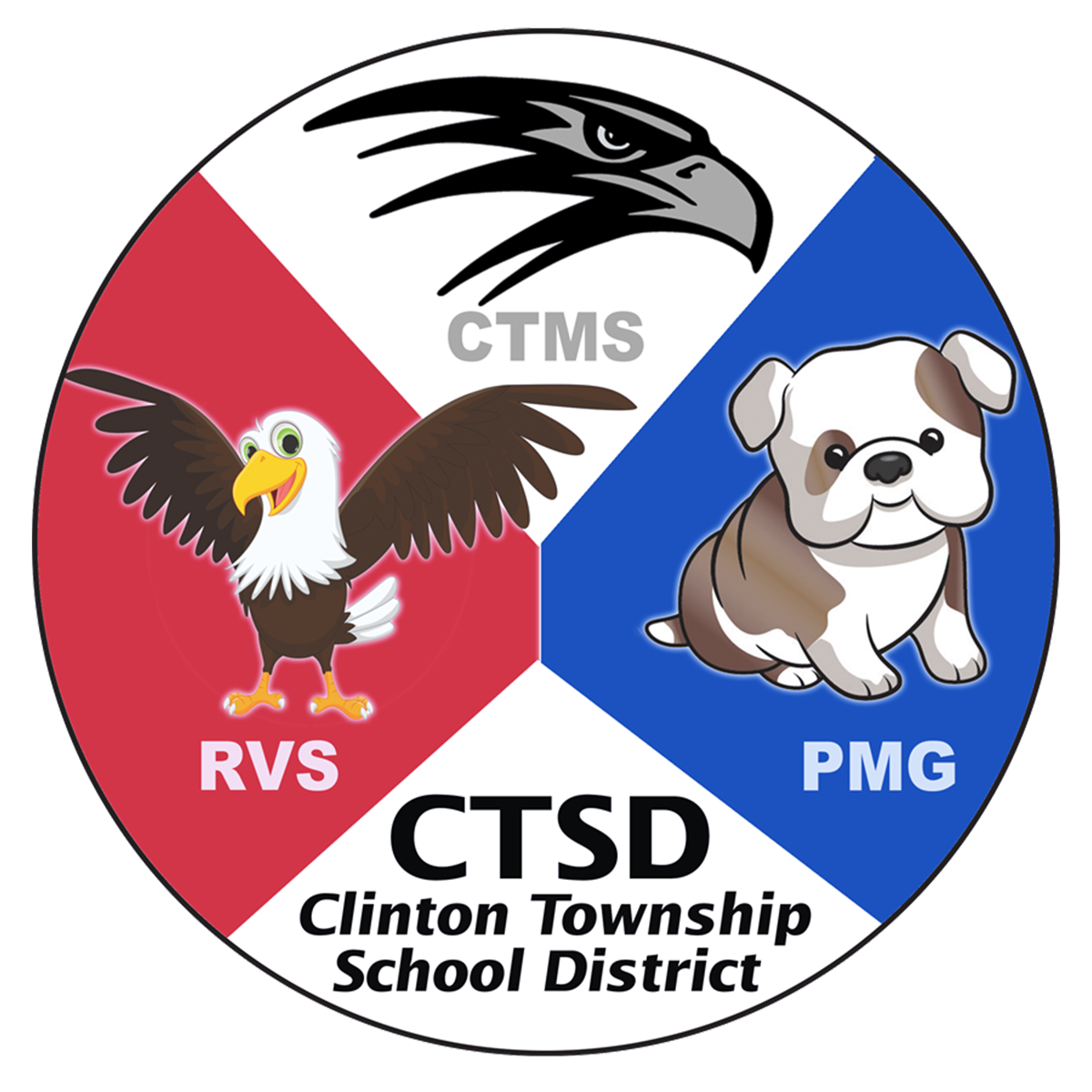Online Safety and Security
The Clinton Township School District provides for the safety and security of students and staff when utilizing network and online resources. Technology education - including digital citizenship curriculum - in addition to compliance with federal and state regulations, allows the district to provide access to authentic online learning while maintaining a safe environment. Our online safety policies and protocols include, but are not limited to, the following. Scroll to the bottom of the page for the official policy documents.
Acceptable Use Policy (AUP): Governs all user interactions with Clinton Township technology resources.
Children’s Internet Protection Act (CIPA): While we do not publicize details about our filtering technologies for security’s sake, we utilize best-of-breed technology, including HTTPS traffic inspection and Safe Search enforcement.
Children’s Online Privacy Protection Act (COPPA): Online resources that are used in the classroom will be COPPA and FERPA compliant meaning we will not share student information on social media sites without parental consent.
Family Educational Rights and Privacy Act (FERPA): Clinton Township School District respects the link between privacy and security. Please review the district’s Notice for Directory Information. Note that the district’s primary use of this information is for listing honor roll, sports, and activity achievements.
Google Apps for Education (GAfE) and Student Privacy: All students in grades 2-8 receive a Google Apps for Education account. Student privacy and security are issues that we handle with utmost care, and our implementation of Google Apps is no exception. We did not choose Google Apps solely because it is secure; there are many other educational benefits including platform-independence (students can access their account from a Mac, PC, or mobile device), usability, and cost. Audio from the February 11, 2013 Board of Education presentation on Google Apps is available here. More information about the district’s Google Apps program is below.
The specific product we are using is called Google Apps for Education. This is unique from consumer Google accounts in that it complies with FERPA (the Family Educational Rights and Privacy Act), meaning schools can use it for secure student accounts and the data will not be published/shared without parental consent - they are bound by the same privacy considerations as the school district itself, and creating a student Google Apps for Education account is analogous to creating a user account on our servers. This is a key factor in the district’s (and thousands of other district’s) ability to use Google Apps for Education in the classroom.
Google Apps for Education accounts are in the form of an email (username@ctsdnj.org) however the students do not have any email access through their Google accounts (inbound or outbound).
Any work the students create is by default private and available only to the student, however they will be instructed to share hand-in assignments with their teachers. While teachers (and only the student’s teacher) may access files students share, students are unable to share data outside of our Google Apps domain.
Students will be asked to participate in online activities - including research, document creation, and discussions - as part of the district’s curriculum. Using Google Apps for Education provides a secure environment where collaboration can be limited to approved users (and not available/accessible via the general Internet) and moderated by teachers.
All of our Google Apps traffic is sent via secure HTTPS. This is a technical consideration that encrypts all student work to/from their Google Apps account, so if a “hacker” somehow gained access to our Google Apps traffic it would be unreadable.
Lastly, our improved web filtering capabilities integrate with Google Apps accounts and ensures that searches (including image searches) are done with the “Safe Search” settings on, ensuring CIPA (Children’s Internet Protection Act) compliance.
